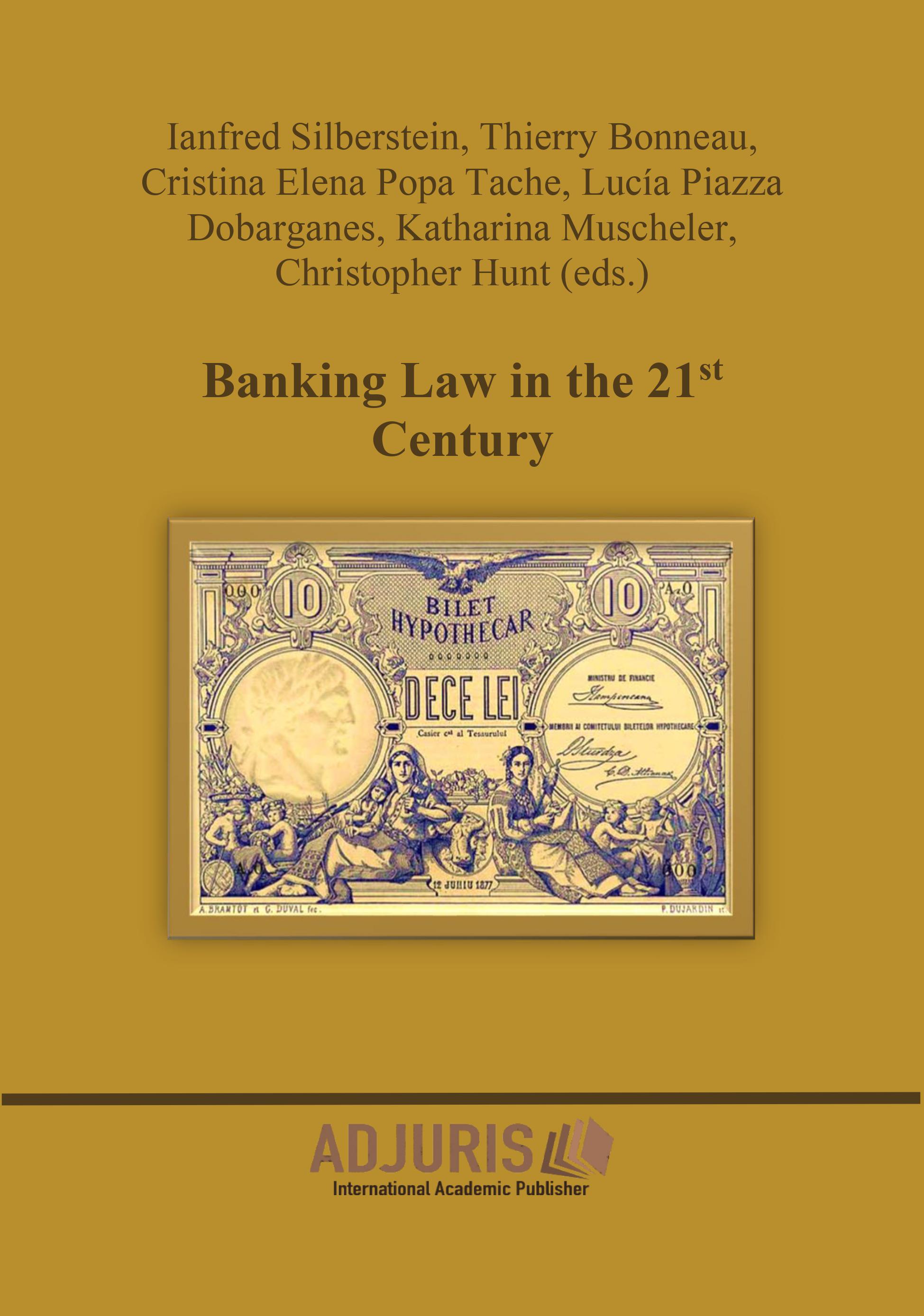The professionals’ duty to inform versus the duty to advise the consumers in the field of banking services: are the legal remedies adequately shaped?
The professionals’ duty to inform versus the duty to advise the consumers in the field of banking services: are the legal remedies adequately shaped?
Author(s): Juanita Goicovici
Subject(s): Law, Constitution, Jurisprudence, Law on Economics, Commercial Law
Published by: Societatea de Stiinte Juridice si Administrative
Keywords: duty to inform; duty to advise; financial services; consumer; informative formalities;
Summary/Abstract: The study addresses the issue of the level of interweaving between the banking obligation to inform and the obligation to advise in relations with consumers in the field of banking services, while accentuating the roles played by the informative formalities in this specific domain. While the epitome of the professionals’ duty to inform the consumers is represented by the banking professionals’ mandatory legal obligation to present, in the precontractual phase, a set of neutral substantial information available to the consumer on the objective, technical contractual terms, oriented towards the formation of a valid, informed consent, the specific content of the pre-contractual duty to inform the consumers refers to: (a) the informing of the consumer on the essential characteristics of the finan- cial services; (b) the informing of the consumers on the security of a banking investment product the risks of which are superior to the average acceptable risks. The banking professionals’ duty to advise the consumers designates the obligation to orientate the consumer’s choice which regards the potential contractual terms, oriented towards the providing of value judgements fixing the pertinent references for the consumer’s option for the most adequate contractual terms, especially in terms of the evaluating of the opportunity to accept a particular configuration of the contractual terms. Particularised by its specific functions, consisting in the orienting of the client’s choice between different types of offers elaborated by the professionals, the duty to advise the consumers permits the calibrating of the contractual field as correlated to the consumer’s specific, concrete necessities. Implying the providing of subjectively calibrated advise, of individually con- figured value judgements or of personally adapted financial advice, the banking professional’s obligation to advise the consumers imbricates an effort to personalize the information, directly correlated with the individual necessities of the profane consumer, while distinguishing between two types of performance: (a) the expressly solicited financial or judicial advise; (b) the duty to advise the consumers in the hypotheses of accentuated judicial technicity of the contractual terms.
Book: Banking Law in the 21st Century
- Page Range: 53-71
- Page Count: 19
- Publication Year: 2021
- Language: English
- Content File-PDF

